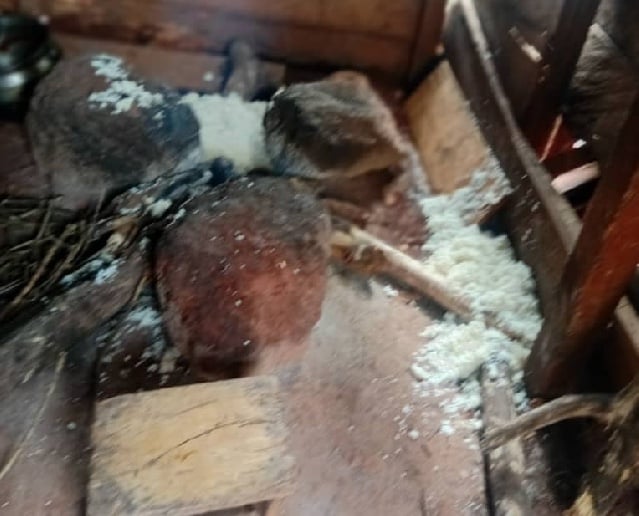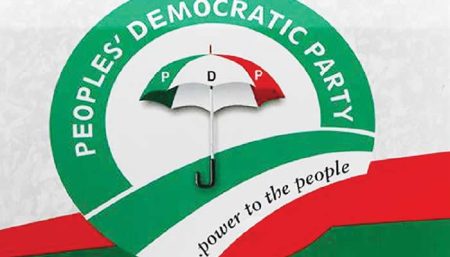The School Feeding Programme in Tano North, Bono Region, Ghana, has become entangled in a bitter internal power struggle within the National Democratic Congress (NDC), jeopardizing its effectiveness and potentially harming the well-being of the children it is designed to serve. The conflict centers around the selection of caterers for the program, with rival factions aligned with the Municipal Chief Executive (MCE) and the Constituency Chairman vying for control. Accusations of using the program for political gain and personal enrichment are rife, creating a toxic environment of suspicion and resentment within the party and across communities like Bomaa, Bredi, and Boukrukruwa.
The consequences of this power struggle are far-reaching and directly impact the intended beneficiaries of the program – the schoolchildren. The disruption caused by the infighting has led to inconsistent food supplies, leaving many students without their daily meals. This not only threatens the nutritional health of the children but also undermines the program’s objectives of improving school enrollment and academic performance. Headteachers and other school authorities express deep concern about the politicization of the program and its detrimental effects on the children’s welfare. They emphasize that the program’s primary purpose – supporting schoolchildren and enhancing their learning outcomes – is being overshadowed by internal political battles.
The School Feeding Programme, a vital initiative aimed at boosting nutrition and attendance among Ghanaian primary school children, has become a casualty of intra-party rivalry within the NDC. Instead of serving its intended purpose, the program is reportedly being used as a tool to reward loyalty and punish dissent within the party ranks. Contract allocations for catering services have become a source of contention, with each faction attempting to secure contracts for their supporters, often at the expense of qualified and experienced providers. This manipulation of the program has fueled widespread frustration among NDC supporters and the broader community, eroding public trust in the party’s commitment to the well-being of the children.
The escalating conflict within the Tano North NDC has raised alarm bells among community leaders and concerned citizens. They warn of the long-term consequences of allowing political infighting to jeopardize the children’s access to nutritious meals and educational opportunities. Parents express anxieties about the impact on their children’s health and academic progress, highlighting the importance of the program in alleviating hunger and promoting school attendance. There is a growing demand for party leadership to intervene decisively and restore the integrity of the program, emphasizing that the welfare of the children should be prioritized above political maneuvering.
The pressure is mounting on the NDC’s regional leadership to address the crisis and prevent further damage to the party’s credibility and electoral prospects in the constituency. Stakeholders argue that the ongoing feud risks alienating the electorate and undermining the party’s standing within the community. They emphasize the need for a swift resolution that prioritizes the interests of the children and restores public confidence in the NDC’s commitment to their well-being. Calls for a thorough investigation into the allegations of corruption and favoritism are also gaining traction, with demands for accountability and transparency in the management of the program.
The current predicament facing the Tano North NDC presents a critical crossroads for the party. It must choose between continuing down a path of internal division and potentially irreparable damage or taking decisive action to restore unity and prioritize the welfare of the children. The party’s response to this crisis will be closely scrutinized by the community and will undoubtedly have a significant impact on its future prospects. Failure to address the root causes of the conflict and restore the integrity of the School Feeding Programme could result in a lasting erosion of public trust, potentially jeopardizing the party’s support base and electoral fortunes in the region. The future of the program and the well-being of the children hang in the balance, dependent on the NDC’s ability to prioritize the needs of the community over internal political squabbles.














